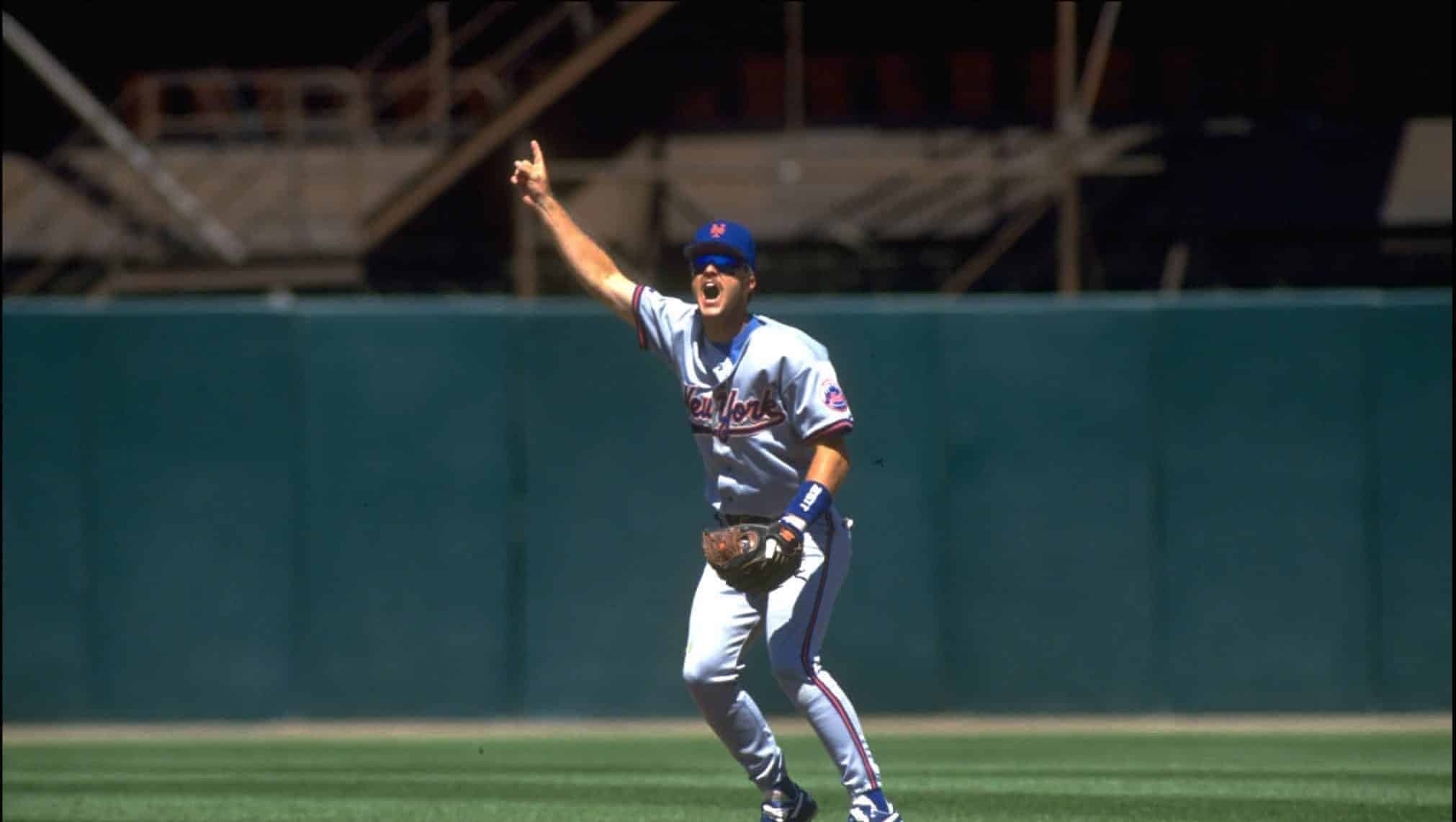MLB is heading for a shortened 2020 season. That’s a position the New York Mets have been in three times before to mixed results.
If there’s going to be an MLB season in 2020, it’ll be a short one. The latest proposal from MLB would see teams playing about 80 games. That presents an interesting dilemma for the New York Mets.
The team has played better in the second half in six of the last seven seasons and this year they won’t have time to heat up. They’ll get a couple of weeks of spring training and right into a season where every game will be crucial.
That hasn’t worked out so well in the past. The New York Mets either missed the playoffs entirely or would have missed them in each of the three shortened seasons they’ve played before this one.
2019 is a very different beast. The Mets would be playing a ton of American League East teams, the DH would be universal, and the playoffs would be extended. However, a look at the past shows that short seasons are unpredictable.
1972
1972 marked the first player strike in MLB history. The players refused to start the season as they feuded with MLB over the size of their pension.
The strike only lasted two weeks, but it was the first time in major league history the season started late for a reason other than war. It also marked the first time the MLB season would be shortened.
The New York Mets lost six games due to the strike. A small amount, but one that could have made a huge difference.
The Mets had an excellent first half of the season. They went 49-38 and were in contention for the NL East title, but that didn’t last as a poor second half sunk their season. How different would things have been if the first six games had been played?
Likely not much considering the Mets lost the NL East by 13 games. However, had they won all six games there’s no telling what the momentum would have done for them.
The Mets would go on to win the National League pennant the next season. It’s impossible to know what could have happened with a full 1972, but these were the Miracle Mets. Considering their miracle run in 1973 it’s not that hard to believe those lost six games in 1972 could have changed the course of Mets’ history.
1981
The 1981 season was shortened by another player strike. The owners were upset with the free-agent system. They demanded that if a team lost a player in free agency they should be given a compensation draft pick and get replacement player from the team that signed the player. That was never going to happen, so the players walked out in June. players would return in August after a deal was agreed to. MLB would only play 107 games.
This didn’t fundamentally change things for the Mets, who were a bad team before and after the 1981 season. However, draft status was impacted.
The Mets were one of the worst teams in baseball in 1980 and 1981 was no different. The Mets were the second-worst team in all of baseball when the strike began. Only the Chicago Cubs were worse.
After players came back from the strike the Mets were a near .500 team. That meant they went from the second-worst record to the fifth-worst record. As any fan of a bad sports team can tell you, there’s a huge difference between picking second and fifth.
Lucky for the Mets, they stole Doc Gooden at fifth overall. Gooden was by far the best player selected in the first round of that draft and was a major reason the Mets won their second World Series in 1986.
If there’s no strike to break up the Mets awful season, it’s possible they’re even worse than they were. Had they ended up with the second-worst record in MLB, odds are they wouldn’t have picked Gooden. Two other pitchers went before Gooden was selected, it’s hard to believe the Mets’ pick would have stayed the same.
This shortened season provided the Mets the break they needed to be good enough to land Doc Gooden. This also marked Joe Torre’s last season as the Mets’ manager. The legendary Yankees manager lost his first managerial job in part due to a short season. Who’s to say how his run with the Mets would have turned out with a full season?
There’s one thing that’s certain, the 1981 strike fundamentally changed the history of the New York Mets.
1994-1995
The 1994 player strike is the most infamous strike in sports history. After months of unproductive back and forths, MLB and the MLBPA were unable to come to an agreement on a new CBA. The season ended abruptly in August, and for the first time in 90 years, MLB didn’t have a World Series.
Ths strike hurt the Mets. They were having their best season in a long time. They were 55-58 when the season ended, but were in the middle of one of their best stretches of the season.
A run to the playoffs was unlikely, but with such a young team that didn’t matter. It was all about building confidence and gaining experience. The Mets didn’t get that.
Most notably, Jeff Kent’s breakout campaign was cut short. Bret Saberhagen was the veteran most impacted as he lost a year of dominance and health, finishing third in Cy Young voting.
The strike continued into 1995 and again hampered the start of the season. The Mets finished in second place in the NL East in 1995, and while they had no chance to win the division With the extra 18 games, they did have a chance to win the newly created Wild Card. Instead, the Mets continued to miss the postseason until 1998.
The strike killed the Mets’ miracle dreams in two seasons where they were clearly playing above their talent level.














